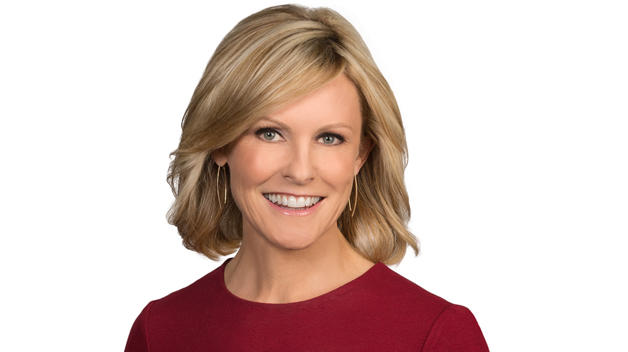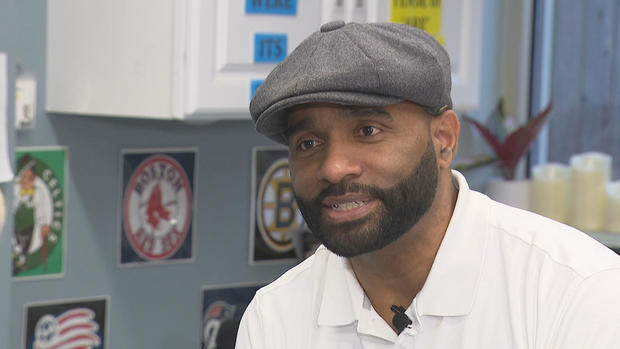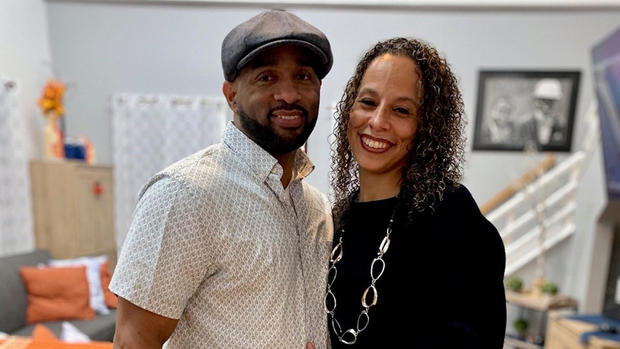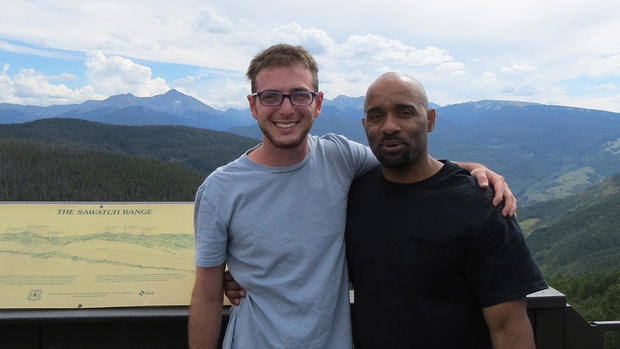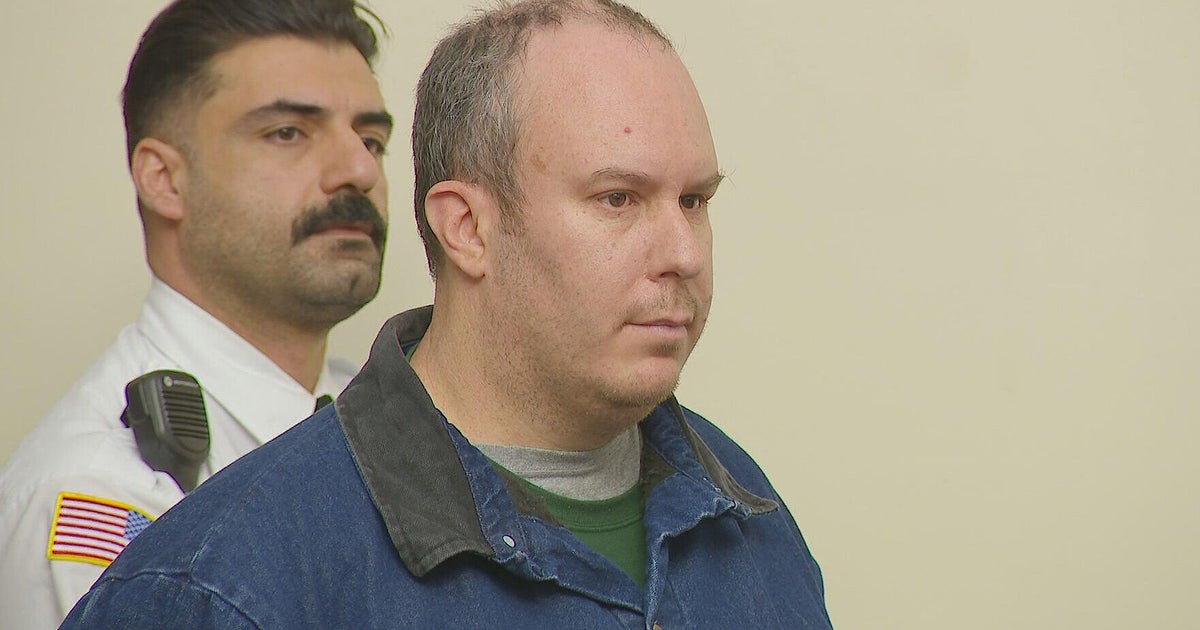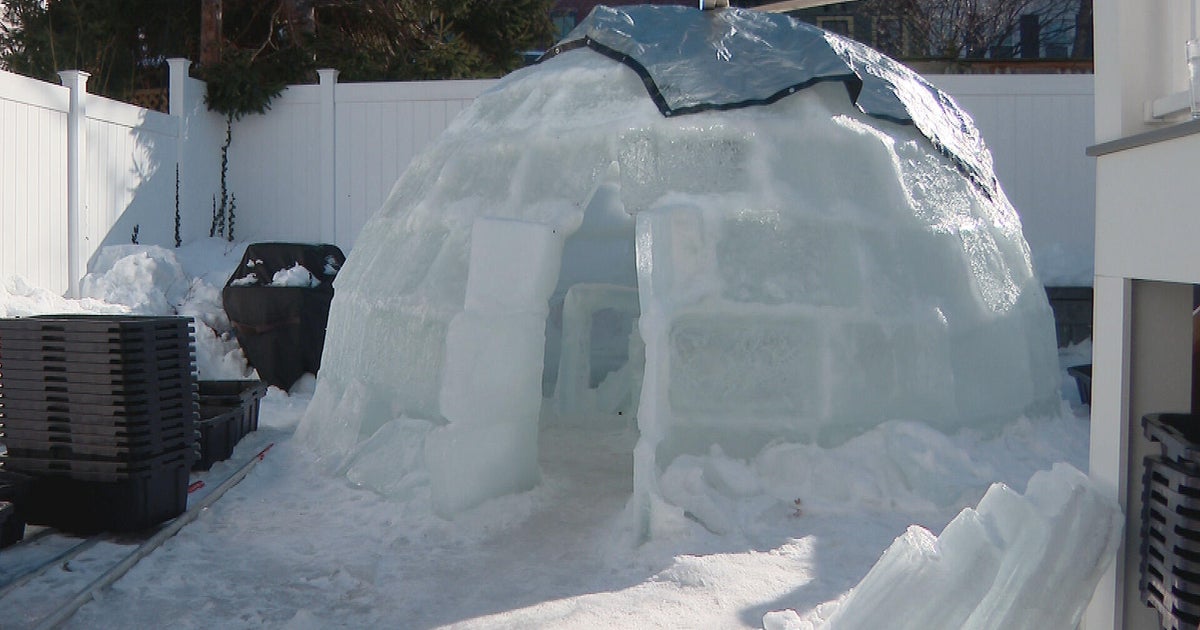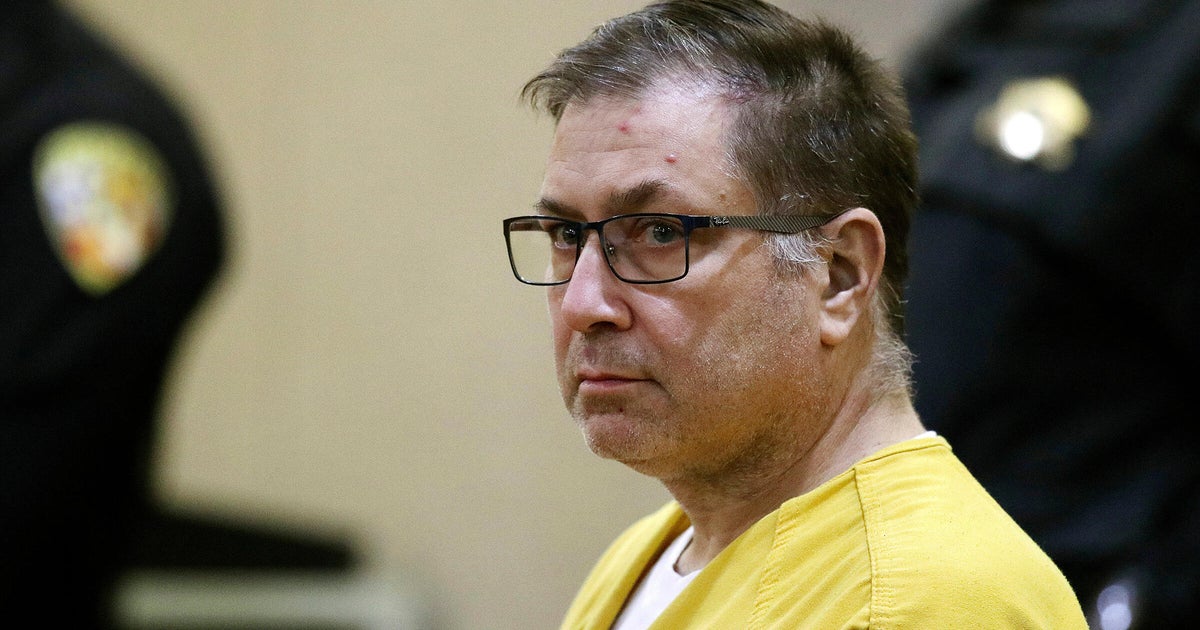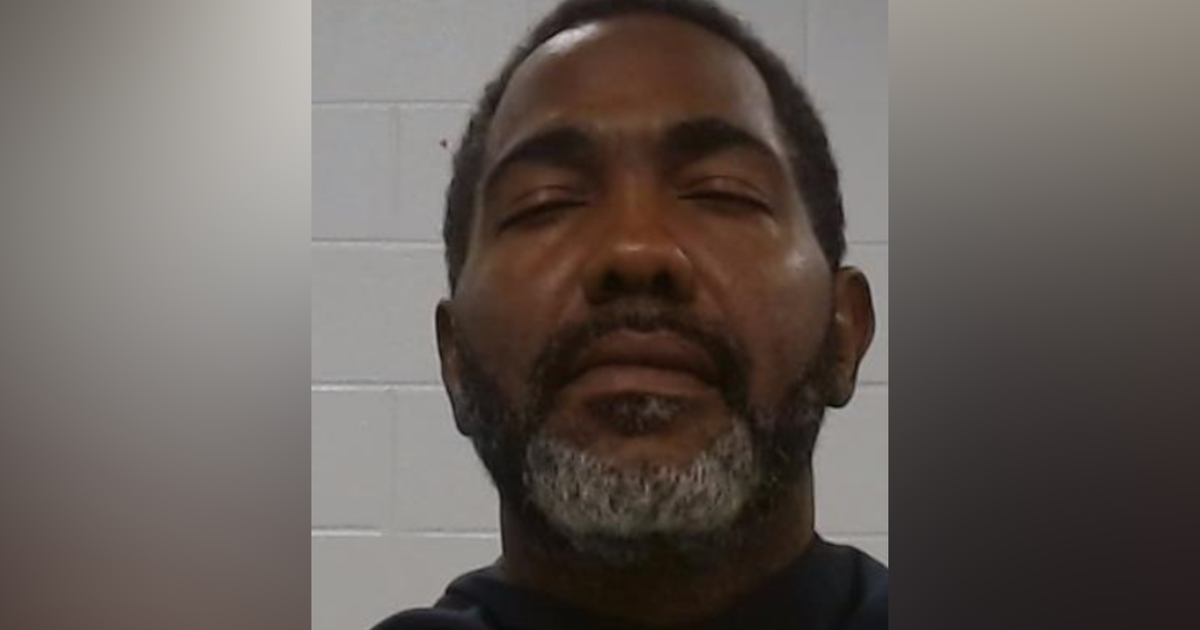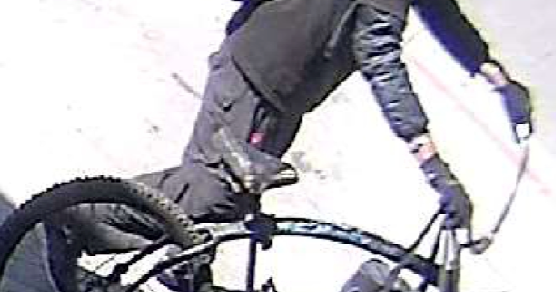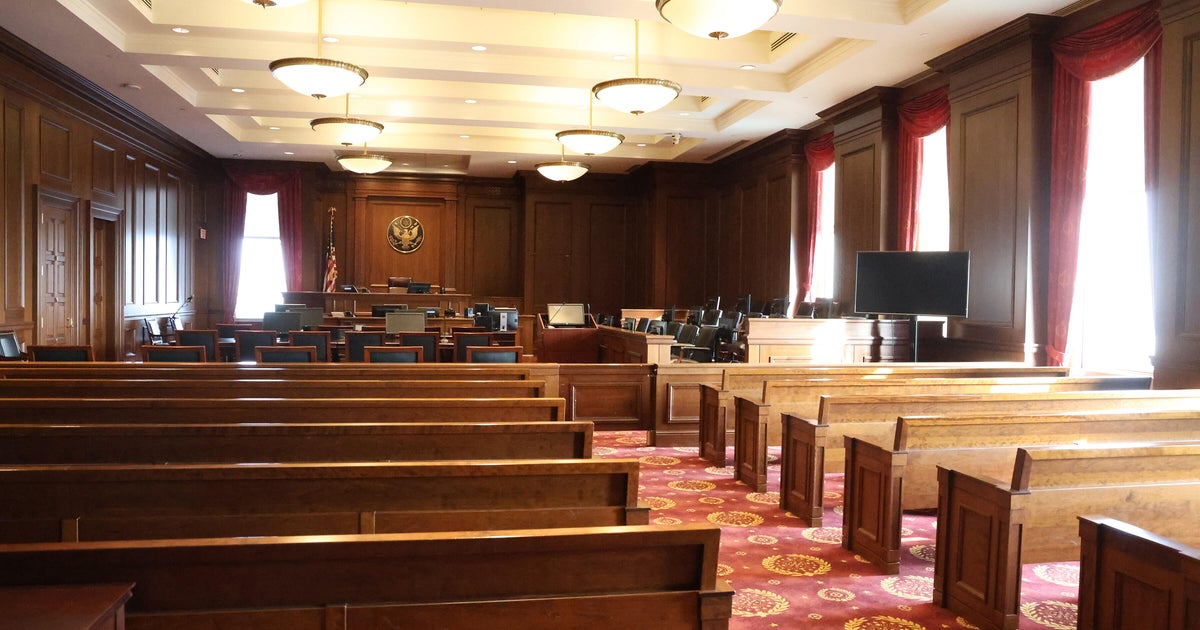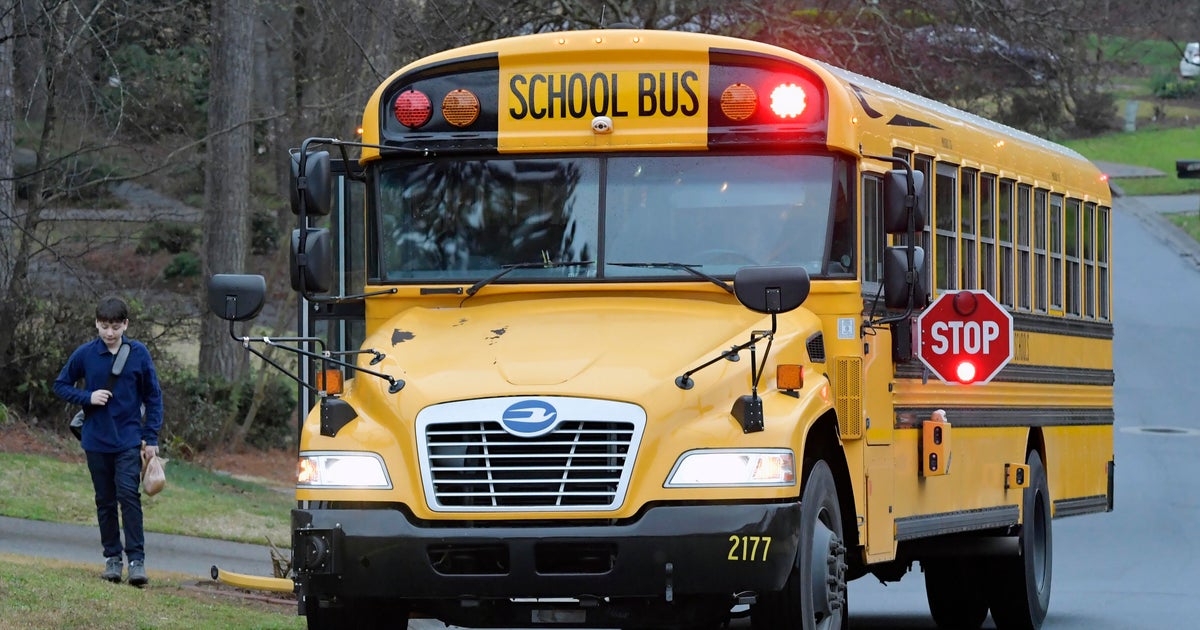How Urban Achievers founder Lino Sanchez emerged from prison as a mentor to student-athletes
BOSTON - Almost 20 years after founding Urban Achievers, Lino Sanchez is making a leap. He is preparing to open a year-round school based on the program's model of athletics, education and character-building. It is a shining achievement in the life of a man who, by his own account, started with nothing. A man who survived abuse, violent attacks in the inner-city, an attempted murder conviction and a five-year prison sentence, to emerge a leader, a mentor and a father-figure to young student-athletes.
Watching from the corner of the basketball court at the Epiphany School in Dorchester, where he works as Athletic Director and teaches P.E., Lino cheers on the talented teenagers in his program-applauding their teamwork and correcting their mistakes. They commit to several hours after school and longer days on the weekend. His goal is to help them build brighter futures with a strong academic foundation and an understanding of jobs in the sports industry beyond NBA careers.
He says that learning to make good decisions on the court translates elsewhere. "Think about teamwork. You're working together. That's the same thing as collaborating in the business world... You have communication, hard work, work ethic.. all these skills that translate into the real world," Lino said.
His partnerships with TB12 (Tom Brady's fitness brand), Mass General Hospital's Sports Medicine doctors and friends who played pro- and college basketball provide the young people in his program with an opportunity to learn about sports-oriented careers and ask questions.
He says there is no question that, if Urban Achievers had existed when he was a kid, his life might have been different. But would he have wanted it to have been different? Lino thinks about that for a moment before answering, "I went through everything in my life so that these kids wouldn't have to."
What he went through was rough.
Lino's mother's boyfriend (whom he believed was his father) began abusing him when he was a little boy. He was already suffering regular beatings by the time he was in first grade. When he learned that his abuser was not his real father, he gave his mother an ultimatum: leave the boyfriend or Lino would leave. His mother chose the boyfriend.
At 13, Lino was homeless. The neighborhood drug dealer in Brighton took him in and gave Lino a place to stay in exchange for help doing "business." At 15, Lino was stabbed. He spent weeks in the hospital and vowed never to be a victim again. The dealer gave him a gun and told him, if he were ever to be "jumped" again, to defend himself. Two years later, when 10 young men attacked him, Lino followed the advice. As he lay on the ground, his ribs broken, he began firing. He didn't kill his attackers, but he wounded five of them. At 17, he went to prison (starting at MCI-Walpole) on five counts of attempted murder.
By that age, Lino was already resigned to the fact that if he wasn't dead, he would be in prison. What he didn't expect was that a cellmate would change his life. He was an intellectual, an athlete, and an avid reader who recommended that Lino read Richard Wright's "Native Son". Lino scoffed at the idea. "The last thing I'm thinking about is reading a book. To his credit, he continued to try."
Eventually, he read it. Lino saw himself in the main character and saw his fellow inmates for what so many of them were: uneducated Black and brown men for whom the "deck" was stacked against them from birth. He started tutoring men three times his age. He got his GED and committed to a different life, a life of education and service. "I knew that one day, I'd be okay."
After he served his five-year sentence, Lino went back to school and began playing college basketball. He earned a degree from Springfield College and, for a time, played basketball in Puerto Rico. (Lino was born in Puerto Rico and moved to Boston as a baby.) Eventually, he returned to Boston to work at the Pine Street Inn where he grew frustrated that he couldn't do more to help people experiencing homelessness.
He took a volunteer coaching job at the Epiphany School. It wasn't long before he was on staff and full time. His past didn't matter as much as his commitment to the future. Administrators at the school knew him and trusted him. They saw firsthand that Lino was dedicated to helping kids. He was a perfect fit. The same could also be said for his relationship with Michelle, the Epiphany School principal. They met in 2005. He says it was love at first sight. "I even told my friend the night we met that I would marry her," Lino said. He was right. They got married in 2006.
Lino had also started coaching a boy in Newton named Sam. Sam wanted to become a better basketball player and Lino enjoyed his company. Everything was going well. But in the back of Lino's mind, he worried what would happen if he told Sam's parents about his conviction and prison time. In the past, when he shared the details of his record, he was often fired. "There were so many times that I was let go because they found out I was a convicted felon," Lino said. "As soon as they found out, I was gone. Just, 'Pack your stuff and get out.'"
He didn't to lose his job coaching Sam. But he also knew that he had to tell his parents the truth. They called a family meeting and Lino shared his story. What happened next was remarkable. "Everybody broke into tears. They started crying. I started crying. They were like, 'You're family. There's no way in the world we would ever tell you to leave.' That, to me, was the most amazing thing in the world," Lino said. "That there are people out here who actually, really do care and will give you an opportunity if you are true to who you are."
Not only did they not fire Lino. They invited him to move into their garage apartment and helped him get his life back on track. To this day, he calls them Mom and Dad. Sam is like a little brother. They are the family he wishes he had growing up.
But Lino is quick to point out that the pain he experienced growing up gives him a kind of credibility with the kids he now teaches and coaches. "For a lot of our kids who came from where I came from, there are trust issues. Broken homes," Lino said. "There's a lot of trauma involved."
When the young men and women learn his life story, he says, they know that they can open up to him. He says they become open to new ways of thinking and experiencing the world because they know that he is looking out for them.
Sharon King's son LaDanion Pryce joined Urban Achievers as a five-year-old. The family was weighing two basketball programs and chose Lino's. "That choice literally changed our lives," Sharon says. "You always know who Lino's boys are... they're always helping. They're always compassionate.... And above all, they stay out of trouble." LaDanion calls Lino a "second father." He says that Lino helped him love the work and the work ethic of the game and encourages him to stay confident on and off the court. "I see him as my mentor," LaDanion said.
Lino is hoping that the teenagers he watches on the court in Dorchester will be in his first cohort of students at Urban Achievers S.A.F.E. School (S.A.F.E. stands for Scholar-Athlete-Focused-Education) in 2024. His excitement is palpable when he describes the environment that students will experience with respect to academics and sports. "They will have everything they need to be successful on both sides," Lino said.
